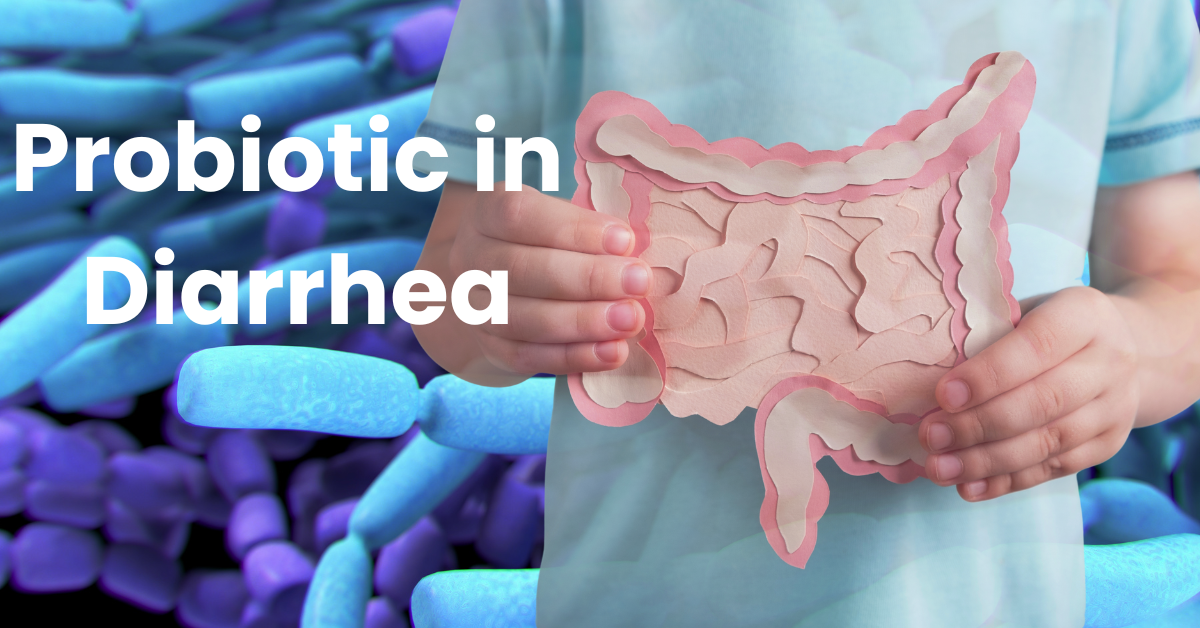Probiotics in diarrhea are a well-known remedy today—most people understand that they help restore gut health and ease symptoms. But the real question is: Which probiotic strains work? Not all probiotics are the same, and choosing the right strain can make a big difference in how quickly you recover.
Diarrhea is a common health issue; it can be acute, persistent, or chronic.
- Acute diarrhea lasts for one to two days.
- Persistent diarrhea lasts for about two to four weeks.
- Chronic diarrhea lasts for more than 4 weeks.
Causes of Diarrhea
Infections
Food poisoning
Medications (like Antibiotics)
Food (like milk in lactose intolerance)
Diseases (like Crohn’s disease, Ulcerative colitis)
Why Diarrhea Needs Attention?
The major complication of diarrhea is dehydration, as fluid is lost due to the passage of watery or frequent stools. These lead to life-threatening conditions like kidney failure, Stroke, heart attack, hypovolemic shock, or even death.
Early treatment and controlling dehydration as well as infection can save lives.
What are Probiotics?
Probiotics are live microorganisms (bacteria/viruses) also known as “good” bacteria that live naturally in our gut and help maintain a healthy balance of microorganisms.
Probiotics in Diarrhea
This shared knowledge is only for informational purposes. To avoid self-medication, please consult a health care practitioner and care for yourself. Never ignore any symptoms or signs that your body gives you.

